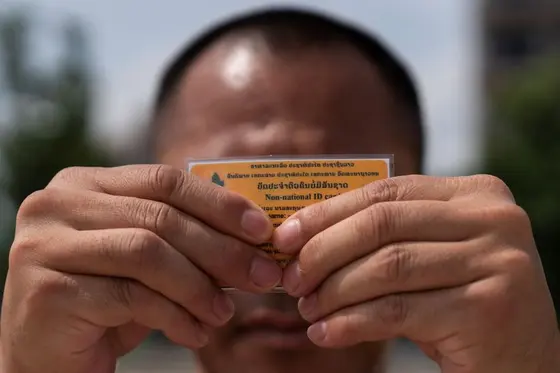T4K3.news
US expands third-country deportations
Internal documents show deals with Honduras and Uganda to deport non-citizens to third countries as part of a broader crackdown on illegal immigration.

Internal documents reveal a broader push by the US to relocate deportations to third countries, including Uganda and Honduras, as part of its crackdown on unauthorized migration.
US expands third country deportations with Honduras and Uganda deals
Internal government documents obtained by CBS News show the Trump administration has broadened its campaign to persuade countries to accept deportations of migrants who are not their citizens. Uganda reportedly agreed to take deportees from the United States who come from other countries on the continent, provided they have no criminal history. Honduras also agreed to receive deportations from other Spanish speaking Latin American countries, including families traveling with children.
The deals rely on a safe third country provision in U.S. immigration law. The two bilateral agreements are part of a broader diplomatic effort to strike deportation deals with nations across several continents, including those with problematic human rights records. The administration has argued these agreements are a key tool for its mass deportation campaign, while human rights advocates warn that migrants could be sent to places where they face harm or where due process is lacking.
Key Takeaways
"We don't comment on the content of private diplomatic negotiations, but the State Department is doing everything possible to support the President's policy of keeping Americans safe by removing illegal aliens who have no right to be in the United States."
State Department response cited by CBS News
"The broader reason beyond that is fear and intimidation and ultimately, incentivizing self deportation."
Doris Meissner, Migration Policy Institute
"Noting deportations to third countries remain relatively limited in scale, Meissner said a main driver behind the Trump administration's diplomatic efforts is a desire to send a message of deterrence to those in the U.S. illegally."
Meissner's assessment of motive and scale
The moves signal a shift in immigration policy toward outsourcing asylum decisions and using diplomatic leverage to move migrants away from the United States. They come after a Supreme Court decision that allows third-country deportations with limited notice, which officials say enables a broader reach. Critics say the approach weakens asylum protections and may erode trust in the system.
Experts warn the strategy could backfire politically and practically. If receiving countries face public backlash or legal challenges, the policy could become a magnet for criticism rather than a stable enforcement tool. Still, supporters argue it sends a clear deterrent message to potential migrants and reduces pressures on border processing capacity.
Highlights
- Deterrence is the whole point even if it means shipping people far from home
- Fear and intimidation drive these moves not due process
- Deportations to third countries remain relatively limited in scale
- This is a messaging tactic to deter illegal migration
Risk of human rights concerns and political backlash
Experts warn that deporting non-citizens to countries with troubled human rights records raises serious legal and ethical concerns and could provoke domestic backlash or harm to individuals. Critics say the deals could undermine asylum protections and lead to coerced removal.
The policy invites scrutiny to ensure protections keep pace with enforcement.
Enjoyed this? Let your friends know!
Related News

Deportation deals with Honduras and Uganda
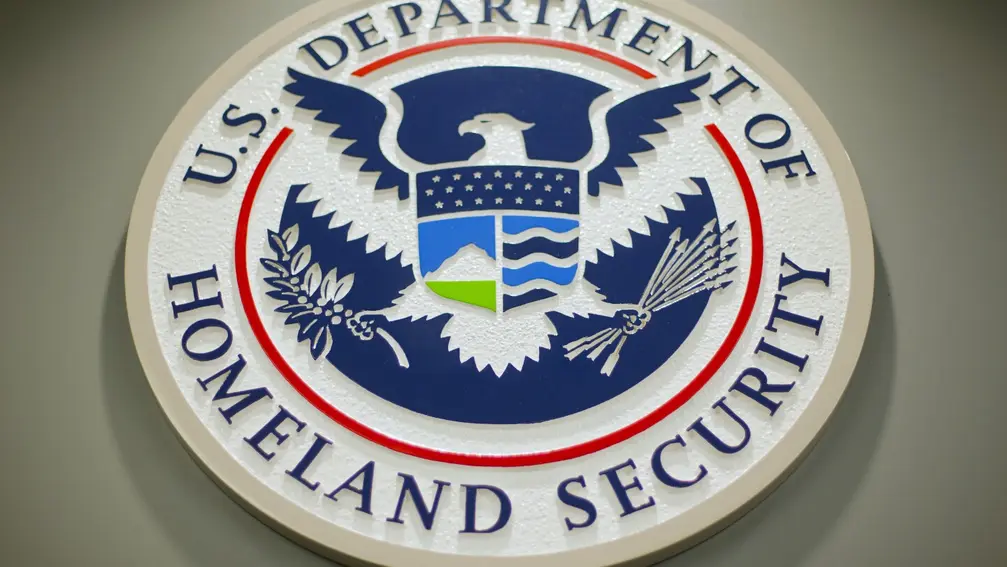
US sends deportees to Eswatini as program expands
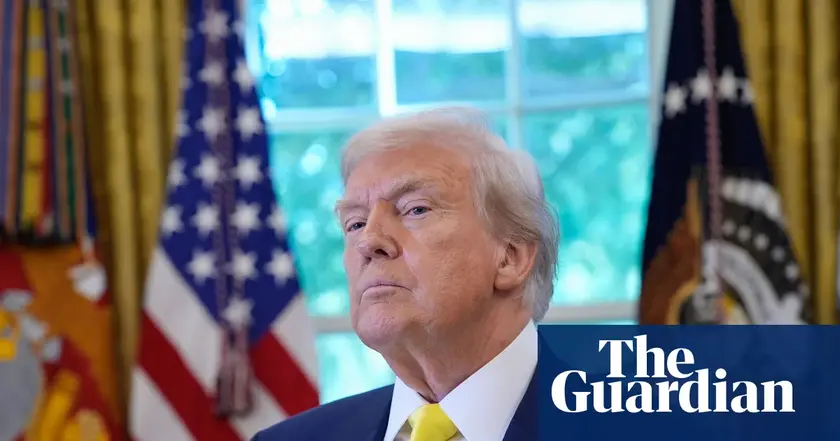
Trump pushes toward dictatorship after 200 days

US begins controversial deportations to African nations
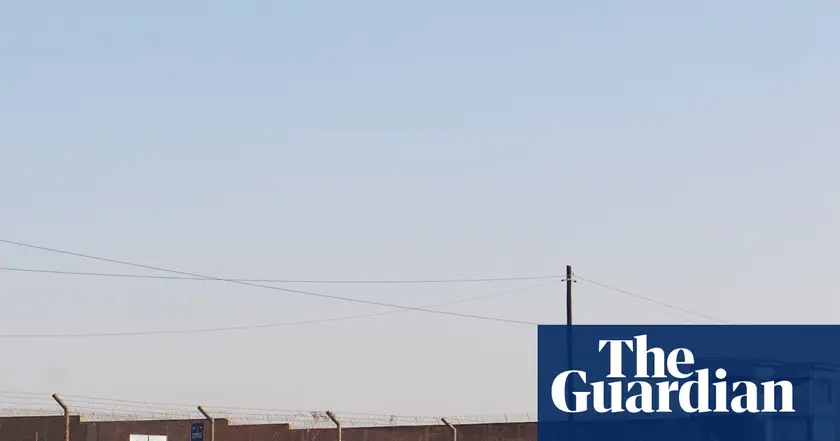
Migrants deported to Eswatini face confinement
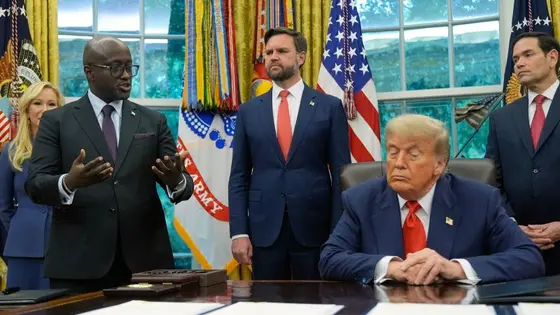
Rwanda to take in 250 US deported migrants
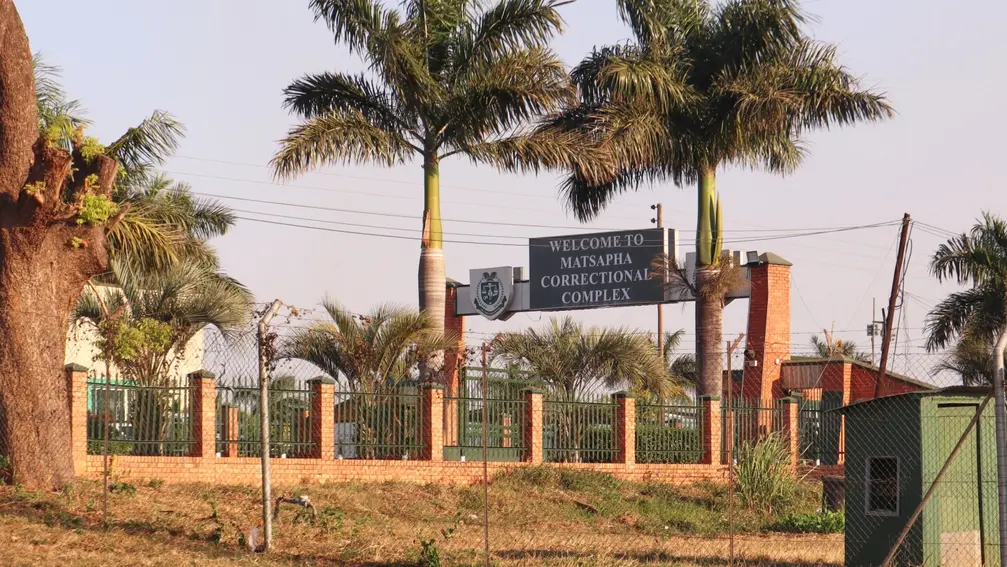
Five immigrants deported to Eswatini in solitary confinement
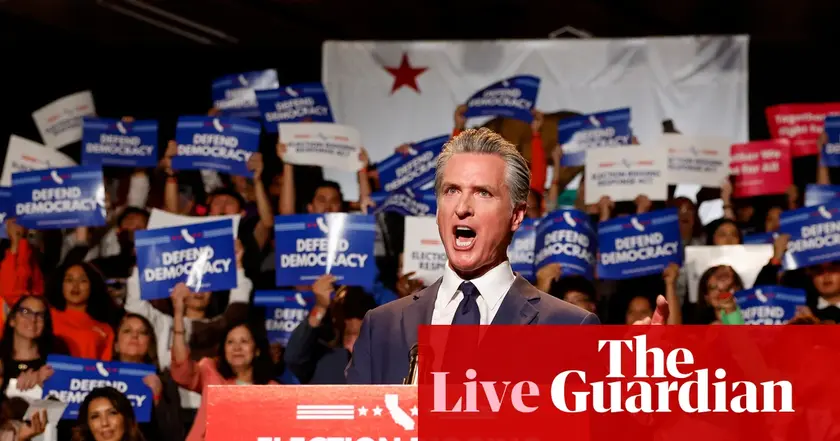
California redistricting plan advances after court ruling
